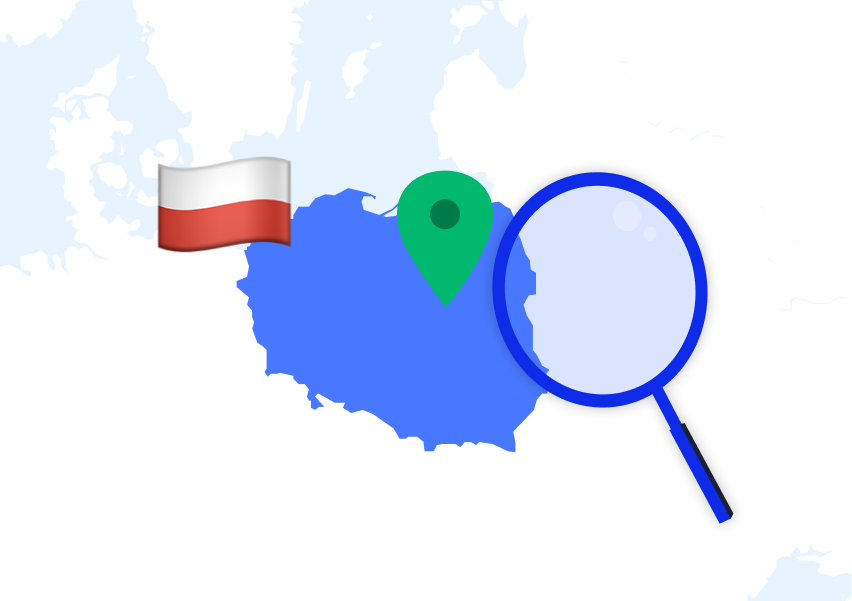Shared Services Centers, Global Capabilities Centers, Centers of Excellence… what exactly are we talking about?
Shared Services Centers (SSC), also known as Shared Services Organizations (SSO), are structures where one or more operational functions can be centralized. They are autonomous internal organizations that are responsible for providing services to several entities within one and the same group.
The classic example is a hybrid model combining insourcing and outsourcing, where the leadership team and managers are company employees, and the technical teams are often comprised—at least in part—of independent, external experts or experts from consultancy firms.
Historically, SSCs were largely dedicated to support functions such as accounting or HR, but they are now increasingly moving into IT operations where needs are growing. There are also other models that are similar to Shared Services Centers:
- Global Capabilities Centers (GCC): These are a type of SSC that are oriented toward high value-added activities such as R&D, product design, data analysis, and engineering. However, they differ from SSCs, which focus more on support functions.
- Centers of Excellence (CoE): These are structures that bring together specialist skills and knowledge in a specific field, such as cybersecurity or user experience. Their aim is to improve a company’s expertise in a given area.
What are the advantages of Shared Services Centers?
Operational efficiency and a high quality of service
Whatever the area of expertise concerned, the goal of the shared services centers is the same: to improve operational efficiency and the quality of service by centralizing and standardizing these functions within the company.
Streamlining processes helps to increase productivity and reduce errors, while deploying a highly qualified workforce—particularly in GCCs and CoEs—enables a company to benefit from cutting-edge expertise. This is particularly true in highly technical IT domains.
Cost optimization
By grouping processes, tools and skills together, these structures create considerable economies of scale compared to a decentralized organization.
Moreover, Shared Services Centers often provide greater economic value than total outsourcing solutions. They also prevent a company from becoming dependent on a particular supplier, who could potentially impose dramatic price increases.
Better control of business activities
Shared Services Centers provide companies with a large degree of control over their business activities compared to a traditional outsourcing model. Here are some of the benefits:
On the one hand, skills and knowledge are retained internally and may provide a competitive advantage, rather than being used by the supplier to benefit other clients.
In this way, insourcing allows for better alignment with the goals and culture of the company, as well as improved collaboration with the various business areas.
In addition, operations are much more agile than with outsourcing, which is almost always governed by various contractual clauses or restrictions on data sharing, which stop processes from running smoothly.
Finally, the Internet network and hardware are specific to the company, which ensures greater control of risks related to cybersecurity and data protection.
As setups boasting multiple assets, SSCs, GCCs and CoEs are therefore appealing to the increasing numbers of European companies that are keen to improve the management of their business activities, particularly the IT side of things. Some choose to open these types of organizations directly on their territory, but the vast majority opt for the nearshoring model and look to neighboring countries, specifically Portugal.
Why is Portugal the new European El Dorado for major groups looking to open IT-based Shared Services Centers?
Strategic location and time zone
Portugal’s geographical location makes it an ideal place for nearshoring in Europe. It shares the same time zone as the UK, which remains one of the most dynamic IT markets in Europe, and only differs from Central European Time by one hour. This central location offers smooth communication between teams, which is a considerable advantage for IT projects requiring real-time collaboration.
Cultural compatibility and proficiency in English
The historically open culture of Portugal has long been an attraction for western companies. Shared values, a solid work ethic and the capacity to easily adapt to different business cultures make for easy and fulfilling collaborations. Plus, people in Portugal are generally highly proficient in English. This ability to communicate readily in the language of business offers a clear advantage and allows international teams to be integrated more smoothly.
An economically profitable choice
Portugal offers an economic alternative for firms looking to balance quality and expenditure. The cost of living (although constantly rising) and labor costs are more competitive than in many other western European countries. However, this does not have an adverse effect on production quality.
The difference in salary compared to the company’s country of origin will also enable it to offer better salary packages in relation to those generally available on the local market. This is a huge help in retaining talents within the SSC. The main aim of SSCs and GCCs is not therefore to get cheap labor, as in the relocation model, but rather to attract and retain highly qualified individuals that are presently either unavailable or too expensive in other European countries.
A hub of highly qualified individuals
Portuguese universities are renowned for educating some of the top IT professionals around. What’s more, Portugal is ranked fifth in the world for having the largest number of science and technology graduates per thousand inhabitants in the 20–29 age range. The country also benefits from highly qualified Brazilian immigrants looking for financial and political stability. This all offsets a decline in local talent.
Facilitated setup
Having foreseen the potential of the IT sector, the Portuguese government is offering a range of benefits to encourage startups and tech companies to set up in Portugal. These run from tax incentives to R&D support, which all help to create an environment that is favorable to growth.
Moreover, the numerous modern infrastructures and the presence of technology parks and innovation centers bolster Portugal’s position as the nearshoring destination of choice. Cities such as Lisbon and Porto have thus become booming hubs for startups. The same can also be said for Aveiro and Braga. In addition, the proliferation of technology events in the country is also testament to this, with one example being the Web Summit, which was formerly held in Dublin but is now taking place in Lisbon. More than ever before, the eyes of the international technology community are focused on Portugal.
Quality of life
Beyond the commercial indicators, the quality of life in Portugal plays a determining role, with widely varied countryside, an agreeable climate with over 300 days of sunshine every year, a rich culture and history, and so on. Furthermore, Portugal enjoys high levels of political stability and is generally considered one of the safest destinations in Europe.
As a result, Portugal is a place where expatriates enjoy a great quality of life that usually leads them to stay for the long term.
To sum up, the expansion of SSCs can be explained by the numerous benefits offered by these organizational models, which are particularly suited to corporate IT and engineering requirements. The ideal attributes that Portugal has to offer make it the location of choice for this type of model.
If you need help setting up or developing a Shared Services Center, or recruiting external talent from Portugal, LittleBig Connection can help you thanks to its Global Connect service.



